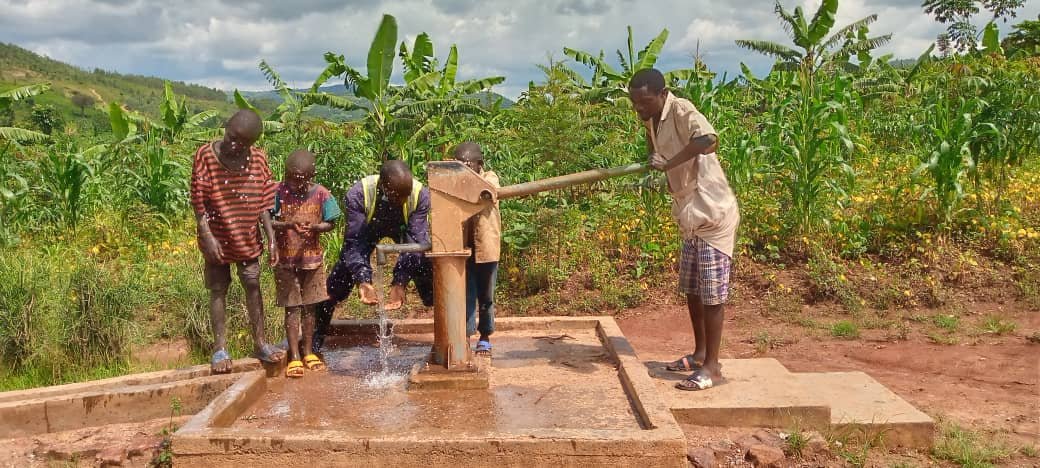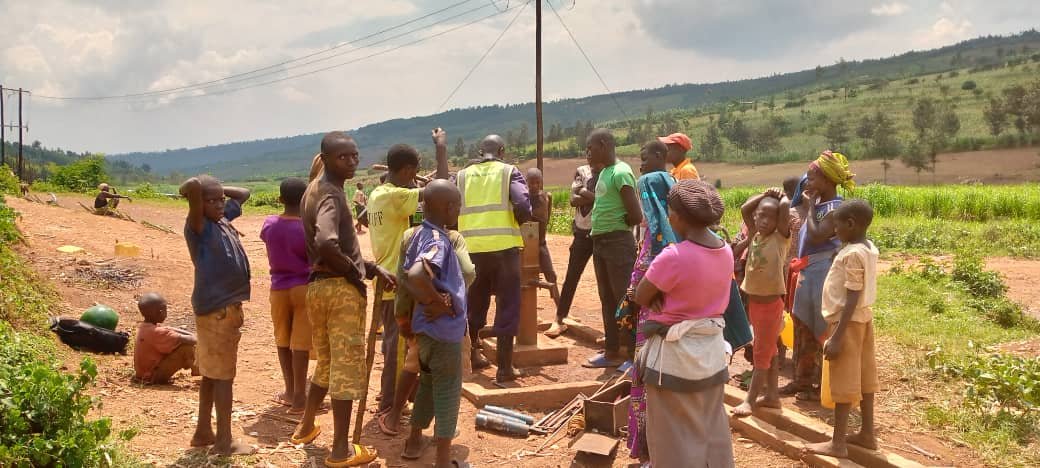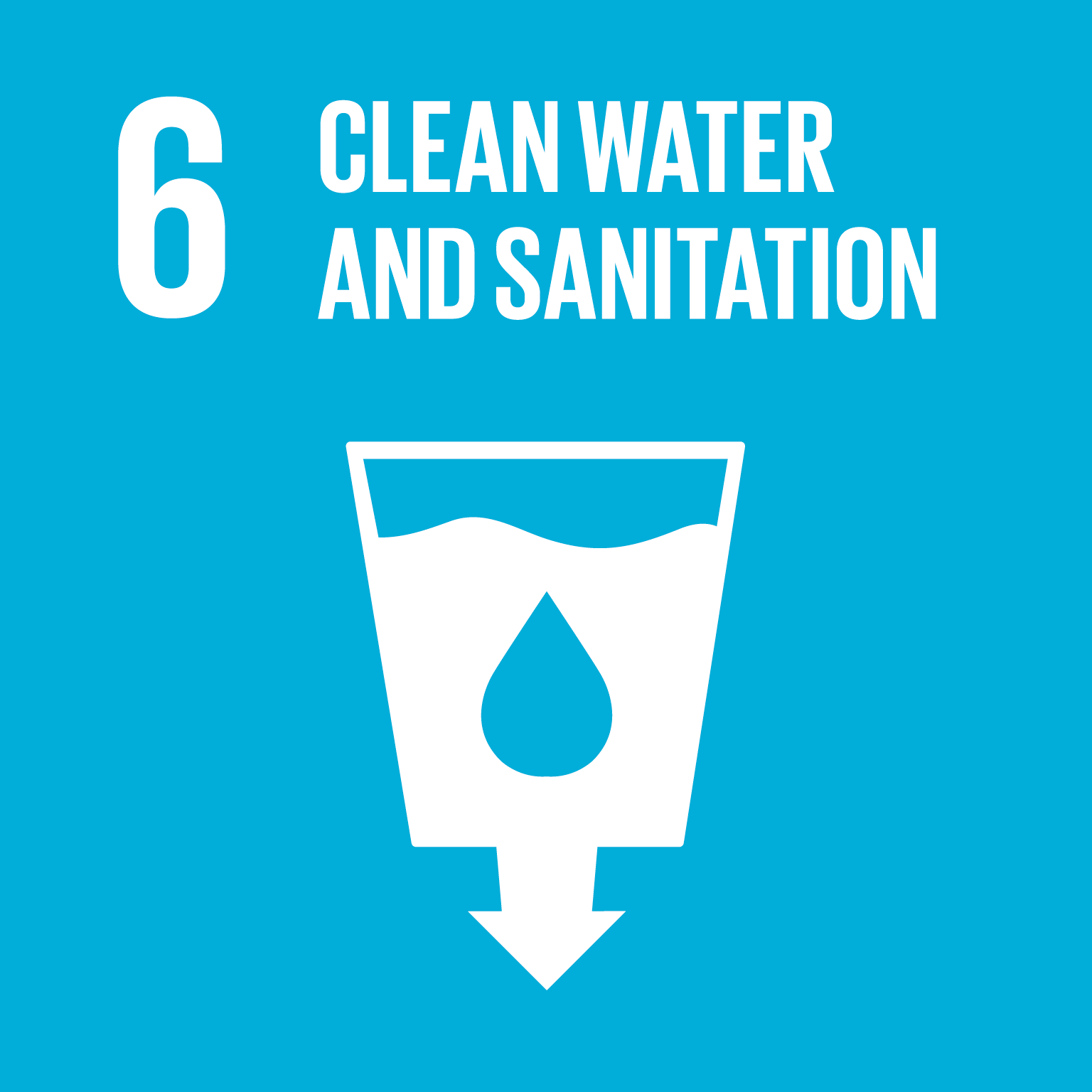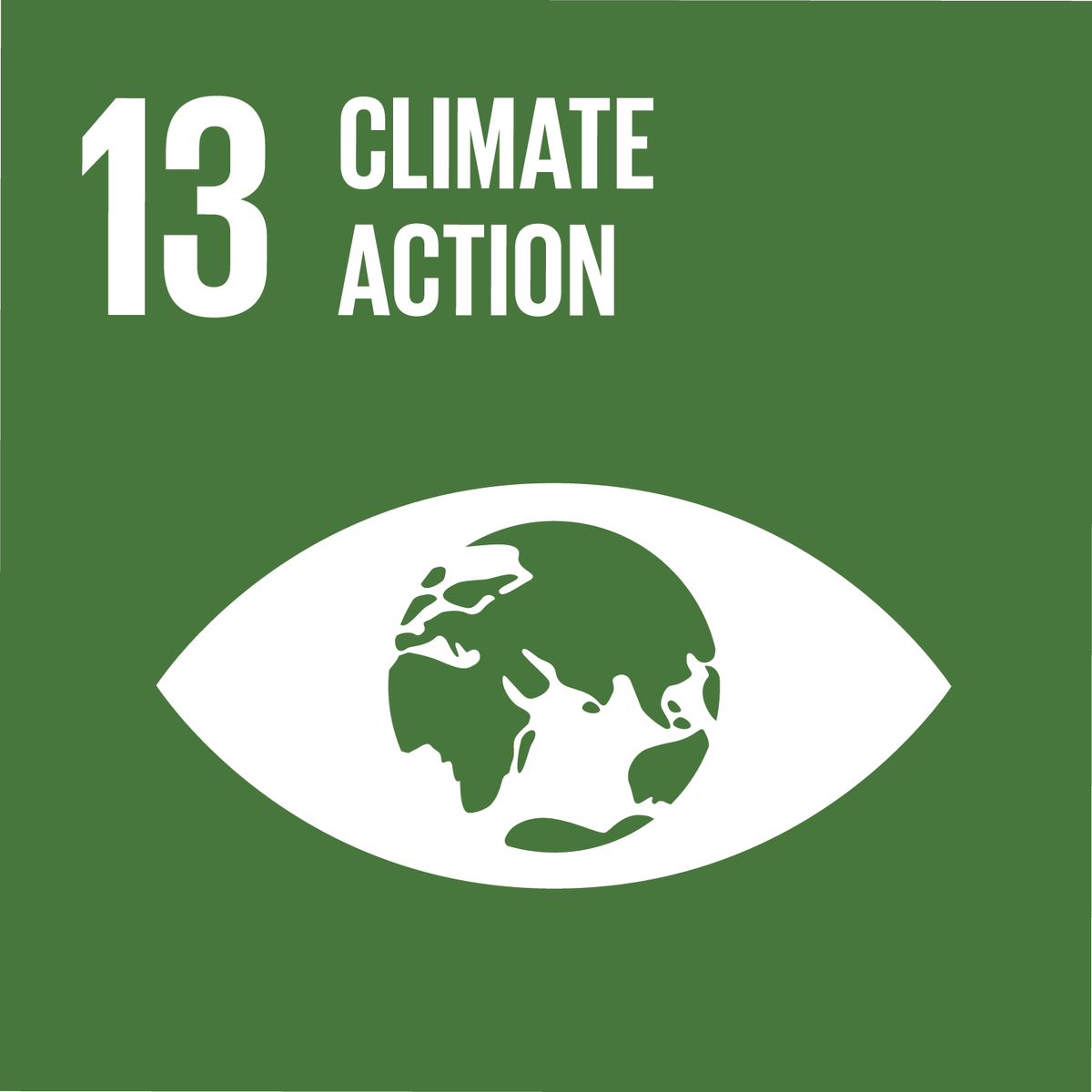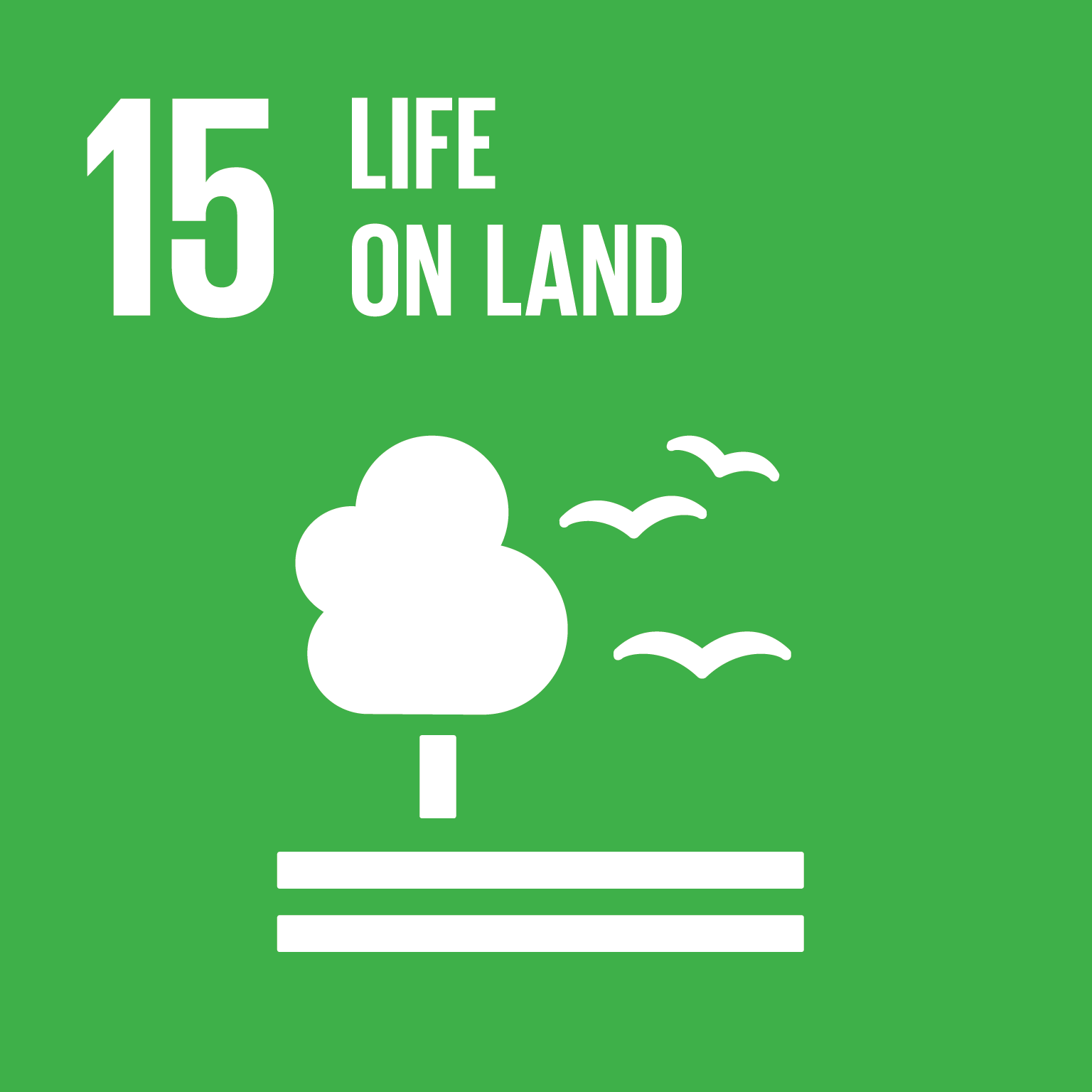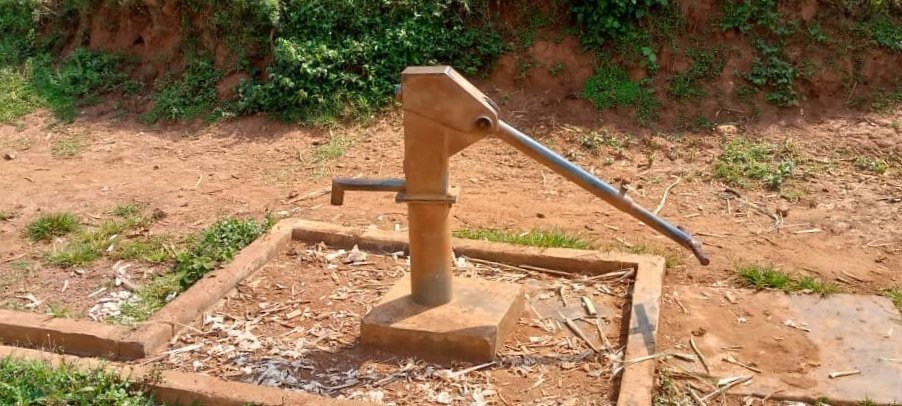
Safe Drinking Water in Kayonza District, Rwanda
The “Safe Drinking Water in Kayonza District” project seeks to facilitate the access to safe water in the district of Kayonza, in Eastern Rwanda, by rehabilitating 70 boreholes.
For this project located in Kayonza, Eastern Rwanda, we are collaborating with the local non-governmental organization, Rwandans4Water. In order to renovate 70 water boreholes located in Eastern Rwanda, we are financing all activities related to the project, while Rwandans4Water is responsible for sending skilled technicians to repair and upgrade the boreholes, as well as maintaining and repairing them for the next 7 years.
Providing safe water will ensure that households consume less firewood during the water purification process, consequently reducing carbon dioxide emissions from the combustion process.
This project will be certified by GoldStandard.
Project Timeline
Local Stakeholders Consultation
On the 7th of February 2023, the Local Stakeholders Consultation was held. The project’s aims were explained, including its potential impacts, target areas, and other key information.
Feasibility assessment
Rwandans4water technicians, in collaboration with the District Engineer, visited all broken boreholes, assessed them, produced a document detailing all rehabilitation requirements and costs.
Rehabilitation of boreholes
Rwandans4Water hired and train locals to build the skills to rehabilitate identified boreholes. Regular visits will ensure that the community is still benefiting from the repaired water source, and to monitor and assess the need for maintenance.
Environmental and Socio-economic Co-benefits
Good health and well-being.
This projet demonstrates a strong commitment towards achieving the United Nations’ Sustainable Development Goal (SDG) 3 ‘Good health and well-being’ as facilitating access to safe drinking water will improve health in the Kayonza. It also allows to reduce indoor pollution coming from the process of boiling water, an importaqnt cause of death in Rwanda according to the World Health Organization (WHO).
Gender equality.
In order to tackle the United Nation’s SDG 5 ‘Gender Equality’, this initiative seeks to empower all women and girls and promotes gender equality by reducing the burden of water collection which typically falls on women and girls in rural areas.
Clean water and sanitation.
At the core of this project is the aim to improve access to clean water, directly addressing SDG 6 ‘Clean water and sanitation’. With gastrointestinal diseases as the 9th leading cause of death in 2014-2015 in the country and second leading cause of morbidity in children under five in health centers in 2016 (NISR, 2017), facilitting access to clean water will allow to improve health. Hygiene is also covered through awareness and education campaign for the local population.
Decent work and economic growth.
This initiative contributes to SDG 8 ‘Decent work and economic growth’ by creationg demand for new employment opportunities for the local population.
Climate action.
SDG 13 ‘Climate action’ is also a central goal of this project as pollution from the water combustion process is significantly reduced. Through this project, many residents are able to become more knowledgable about public health and safety measures, but also environmental drivers, hence overall increasing local community sensitization.
Life on land.
The households no longer have to use wood to purify the water, which reduces wood consumption and consequently the drivers of deforestation, in order to reach the targets of SDG 15 ‘Life on land’. It further contributes to the conservation aof natural resources and biodiversity.
Our main partner: Rwandans4Water
Rwadans4Water is an organization that seeks to help design and implement environmentally friendly projects in East Africa. They are very community-focused and provide training and new employment opportunities to local populations whilst implementing their projets.
